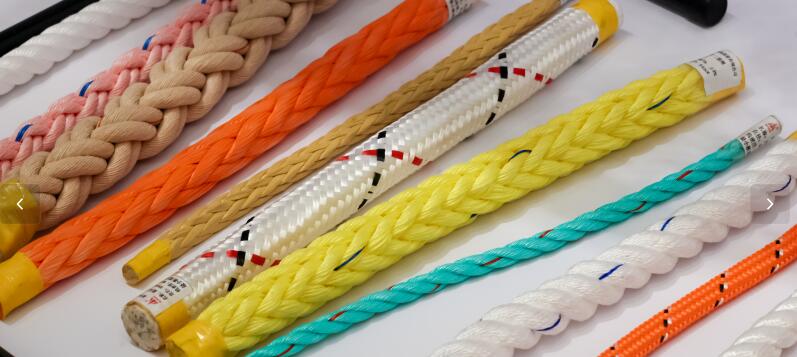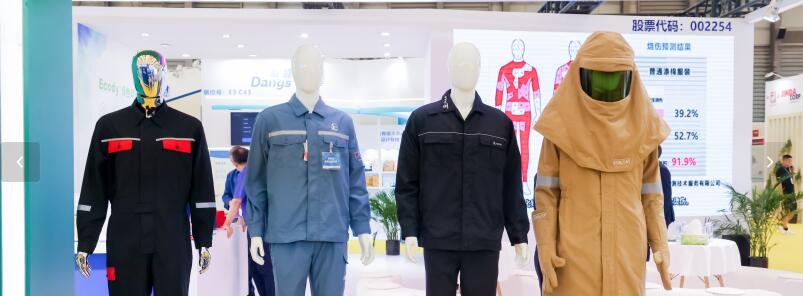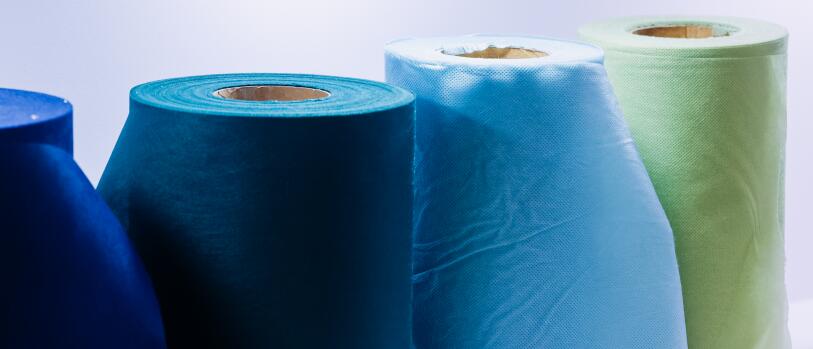|
|||||||||
|
|
| UK STUDY ON WIPES IN SEWER BLOCKAGES RELEASED |
|
Further consumer information on disposal of non-flushable material advised Far greater consumer awareness on what can and cannot be flushed is required, according to a Water UK report released today that explores the impact of wipes and personal care items on UK sewer systems. The analysis of over 50 sewer blockages confirmed that the “majority of the sewer blockage material recovered comprised of non-flushable wipes that are not designed to be flushed.” Baby wipes (that are never marketed as flushable) were the biggest non-flushable culprit, accounting for 78% (by weight) of identifiable products. Surface wipes, cosmetic wipes and feminine hygiene products (none of which are designed to be flushed) accounted for approximately 20%. Less than 1% was identified as products designed to be flushed. The study, the biggest in-depth study of sewer blockages in the UK, was conducted throughout the summer of 2017 by Water UK, a membership organisation representing the major water and wastewater services, with further support and funding from the UK Government Department for Environment, Food & Rural Affairs and EDANA, a trade association representing the wet-wipes, absorbent hygiene and nonwoven industries. The report recommended a renewed and concerted effort to raise awareness among consumers on the correct disposal of wipes. EDANA has long promoted the use of a distinct ‘do not flush’ symbol for all non-flushable wipes and disposable absorbent hygiene products. First introduced in 2009, a revised industry Code of Practice for the labelling of wet wipes was announced in February 2017, stipulating the prominent positioning of the symbol on the front of packaging. EDANA members have committed to implementing this by October 2018. This initiative echoes some of the key conclusions and recommendations of today’s report: that consumers were “unaware of the ‘do not flush’ advice on the non-flushable wipes packaging” and that “manufacturers and retailers of non-flushable wipes (should) provide responsible disposal information in their advertising and awareness campaigns” Marines Lagemaat, Scientific and Technical Affairs Director of EDANA, said: “we are glad we could contribute to the study and welcome the recommendations of the report. This initiative demonstrates the benefits of cross-industry cooperation and we look forward to working further with waste water organisations. It is clear that further outreach to the public is needed on this issue, and we trust we can draw attention to the improved labelling with further awareness campaigns about the proper disposal of these products.” Water UK’s Director of Corporate Affairs, Rae Stewart, concurred that further outreach to consumers was needed. “There are things that water companies can do, such as improve education about what should and shouldn’t be flushed. There are things manufacturers can do, such as make labelling clearer on non-flushable products. And, of course, there are things individuals can do – which is bin the wipes rather than flush them.”. Rachel Dyson of Anglian Water and chair of Water UK’s sewer misuse network, agreed: “It seems obvious to dispose of used items such as sanitary pads, tampons, and baby wipes in the bin, however there are many reasons why people flush, such as habit. It is important that industry and waste water bodies work together to make it easier for people to identify which products should never be flushed and raise awareness of the importance of why these products should be binned not flushed”. EDANA is committed to improving consumer awareness on this issue and to working with all concerned parties to help alleviate the strain on sewers and reduce blockages in the UK and the rest of Europe and beyond.
|


